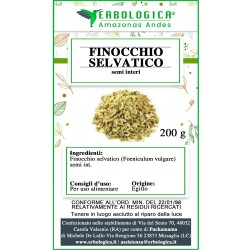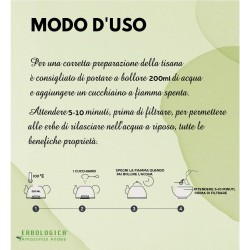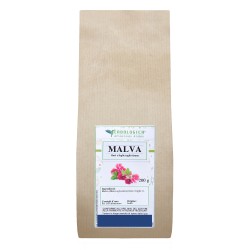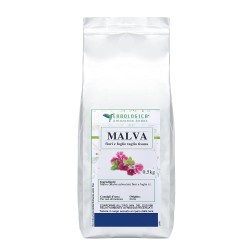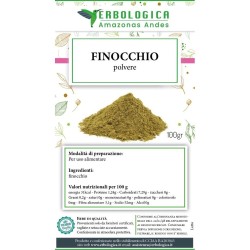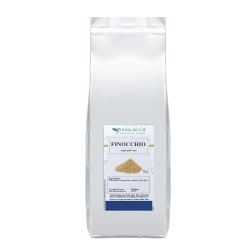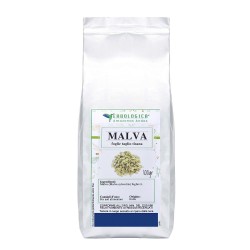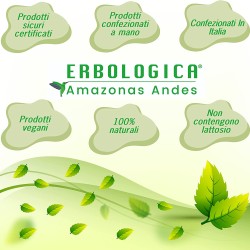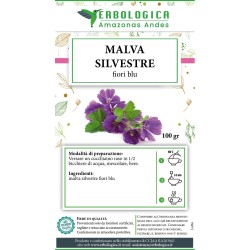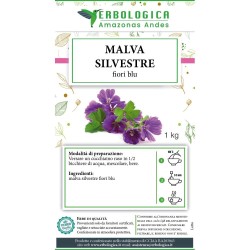
Mannite origine uso e applicazioni naturali nella regolarità intestinale
Un ingrediente naturale utilizzato da tempo per favorire un transito più regolare
La mannite è una sostanza vegetale presente in molte piante ed elementi naturali, conosciuta per la sua particolare capacità di richiamare acqua nell’intestino.
Questa caratteristica le ha conferito un ruolo tradizionale nel sostegno alla regolarità, soprattutto nei momenti in cui il ritmo naturale si fa più lento.
Il suo profilo semplice e discreto la rende un ingrediente apprezzato da generazioni.
Che cos’è la mannite e quali sono le sue origini naturali
La mannite è un composto naturale che si forma in modo spontaneo nelle piante, nei frutti e in alcune secrezioni vegetali.
La sua storia d’uso è legata alle pratiche popolari che sfruttavano la sua azione osmotica per ammorbidire il transito intestinale in modo graduale.
È considerata una sostanza versatile, facile da integrare e utilizzabile anche insieme ad altre piante tradizionali.
Come la mannite sostiene tradizionalmente la regolarità intestinale
Il suo contributo deriva dalla capacità di trattenere acqua nell’intestino, favorendo una consistenza più morbida delle feci e sostenendo un movimento più naturale.
Non produce un effetto immediato, ma accompagna i tempi del corpo rispettandone la naturale fisiologia.
È spesso utilizzata nei periodi di variazione alimentare o quando si avverte un rallentamento del transito legato allo stile di vita.
Come integrare la mannite nella routine quotidiana con prodotti naturali
Una modalità semplice consiste nello scioglierla in poca acqua.
Alla mannite possono essere affiancate piante come la malva, nota per il suo infuso vellutato, oppure il finocchio, tradizionalmente consumato dopo i pasti per il suo aroma caratteristico.
Lo psillium, ricco di fibre, può essere aggiunto alla giornata mescolandolo in acqua: forma una consistenza morbida che contribuisce a sostenere il volume fecale.
L’unione di questi elementi rappresenta una routine pratica e naturale.
Su Erbologica.it puoi trovare tutte queste erbe disponibili nei formati da 100 g, 500 g e 1 kg, così da scegliere la quantità più adatta alla tua routine quotidiana.
Consigli pratici e abbinamenti utili per accompagnare il transito
Bere regolarmente durante la giornata, scegliere pasti con più fibre vegetali e mantenere una certa costanza nell’orario dei pasti può aiutare a ristabilire equilibrio.
Una tisana serale può diventare un gesto semplice per chi desidera alleggerire la sensazione di pesantezza.
Anche brevi passeggiate e un ritmo più lento nei pasti possono favorire un transito più regolare.
Per approfondire l’argomento, puoi leggere anche “Manna il lassativo delicato ed efficace di cui avete bisogno nella vostra vita”
Domande frequenti
La mannite è utilizzata da tempo nelle pratiche tradizionali?
Sì, viene impiegata da generazioni come supporto naturale nei periodi di transito lento.
Posso abbinarla ad altre piante?
Sì, malva, finocchio e psillium sono tra gli abbinamenti più comuni.
La mannite agisce rapidamente?
No, la sua azione è graduale e accompagna delicatamente il ritmo intestinale.
Come posso inserirla nella mia routine?
Può essere sciolta in acqua e affiancata a tisane o fibre naturali.
È adatta ai momenti di stipsi occasionale?
Sì, il suo uso tradizionale è legato proprio a queste situazioni.
Contenuto esclusivo per erbologica.it – aggiornato a dicembre 2025


